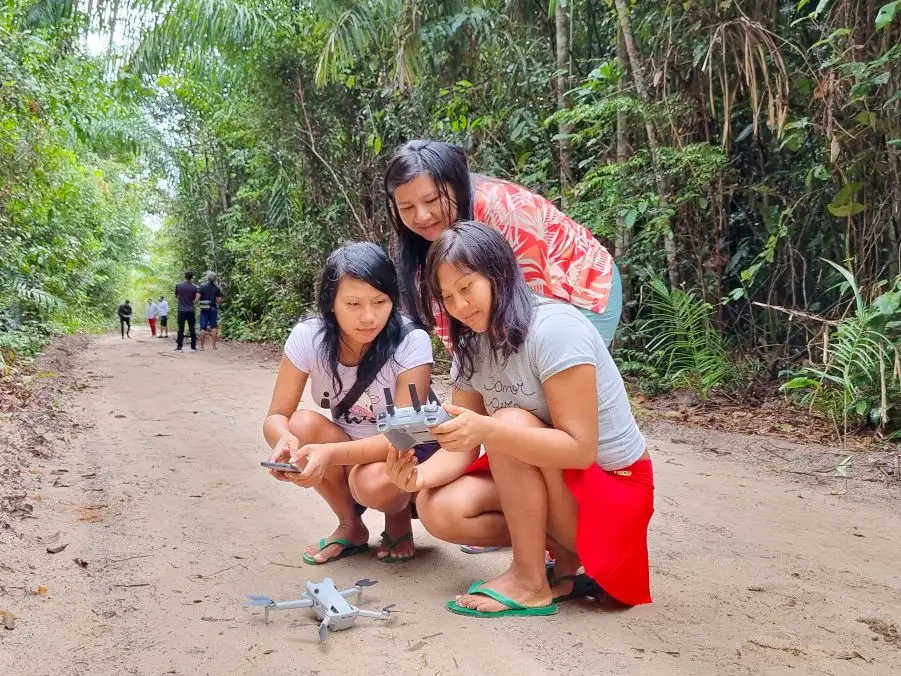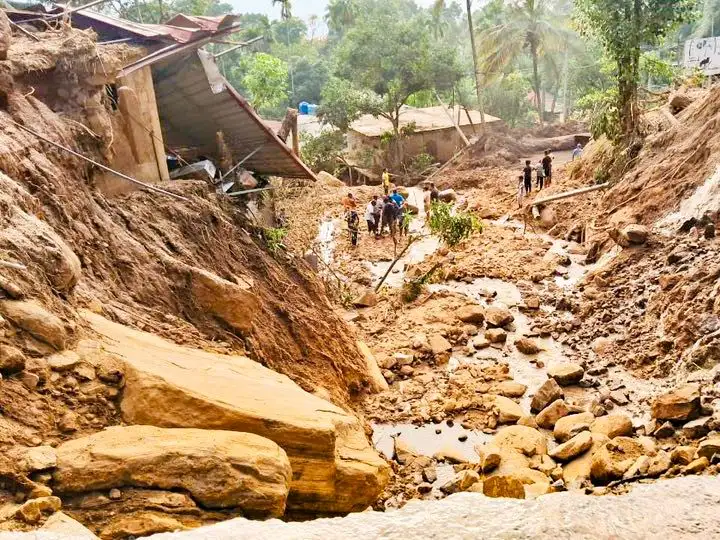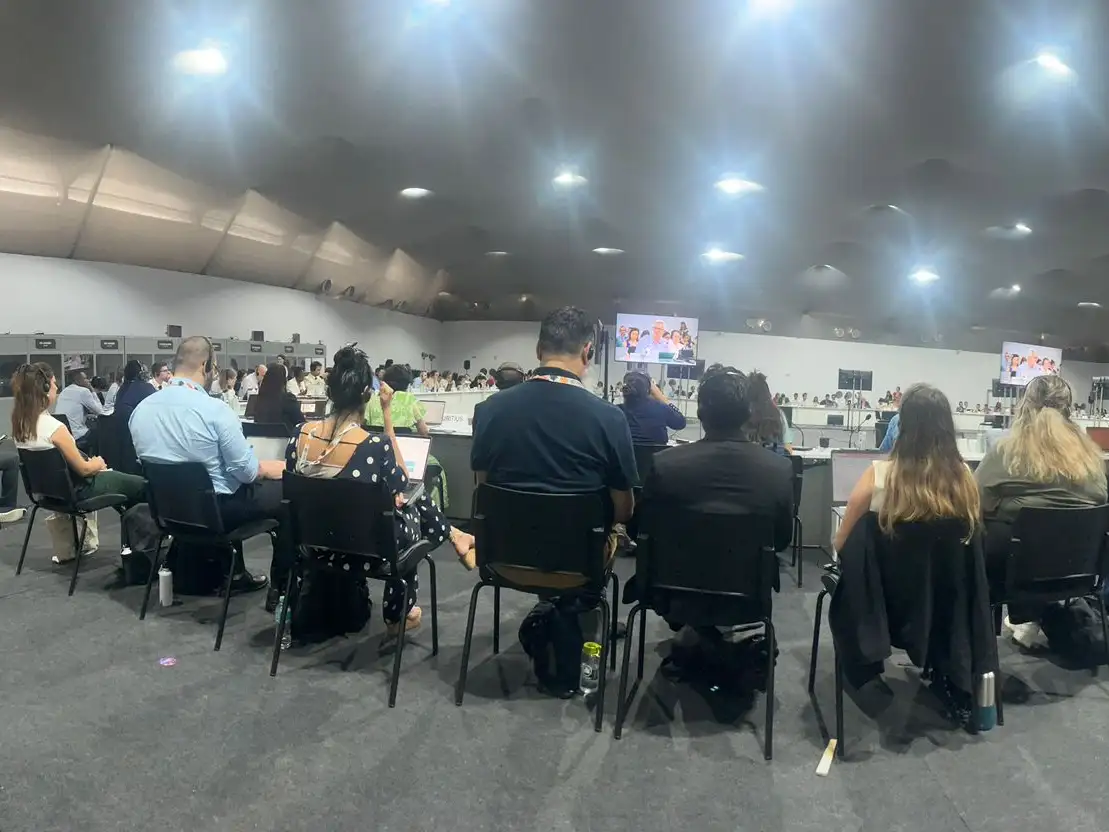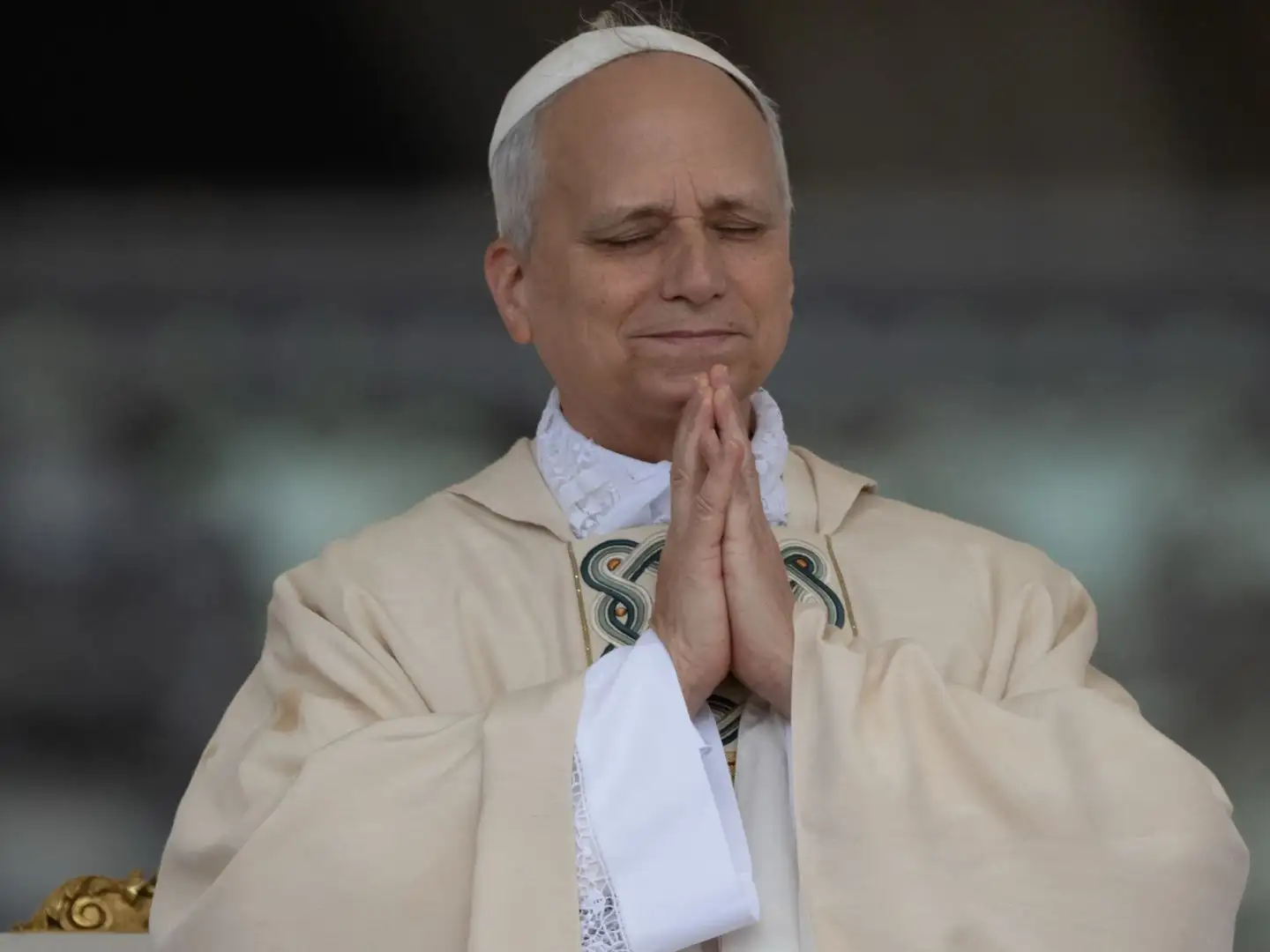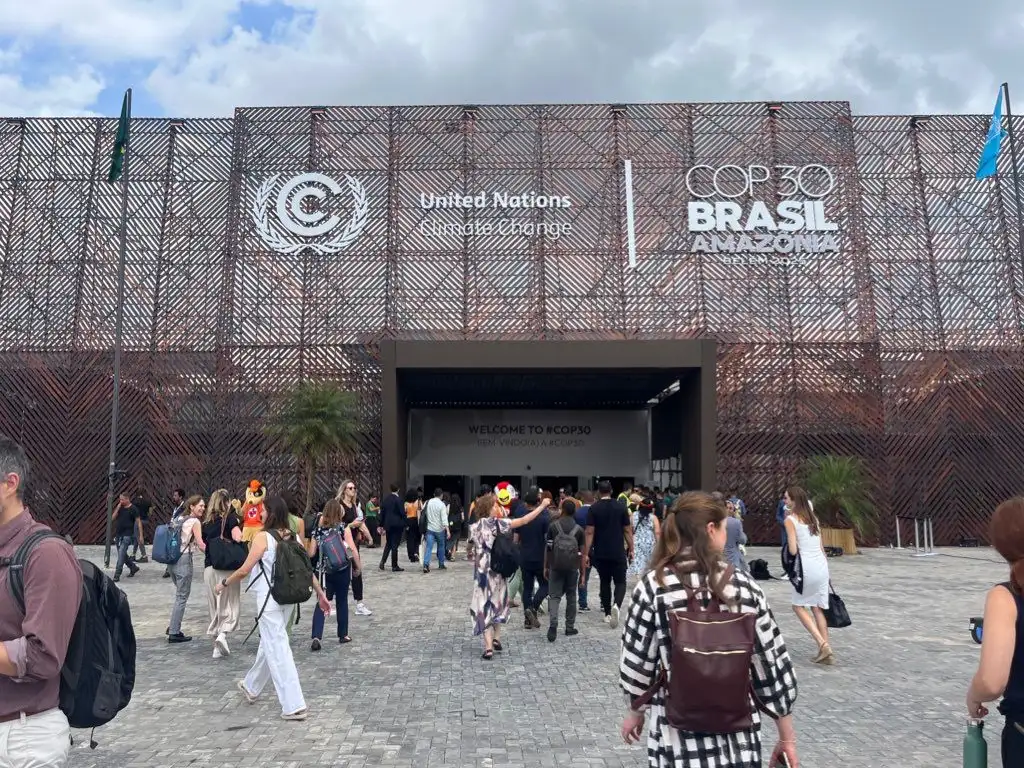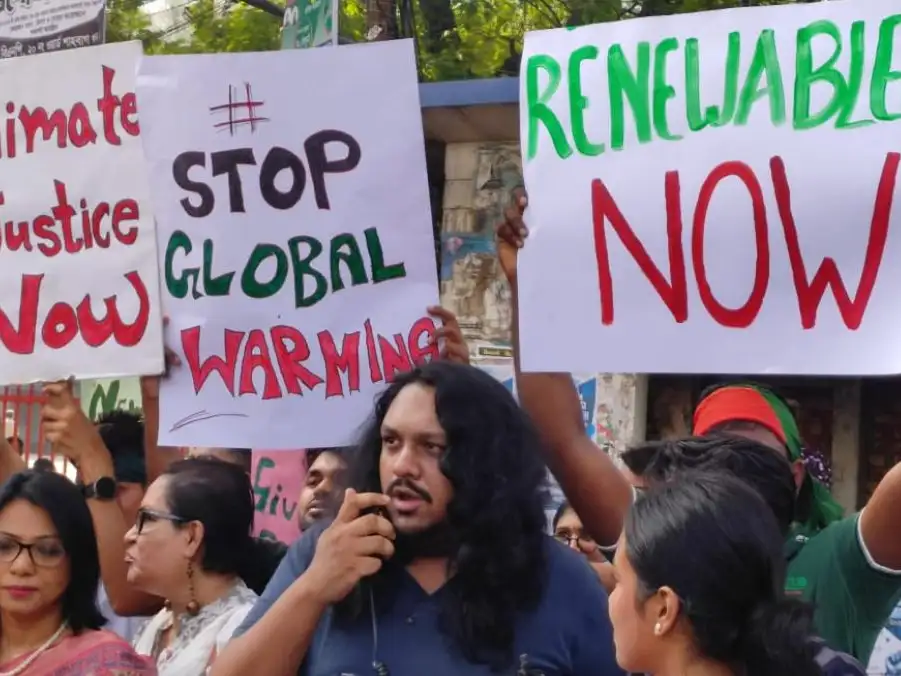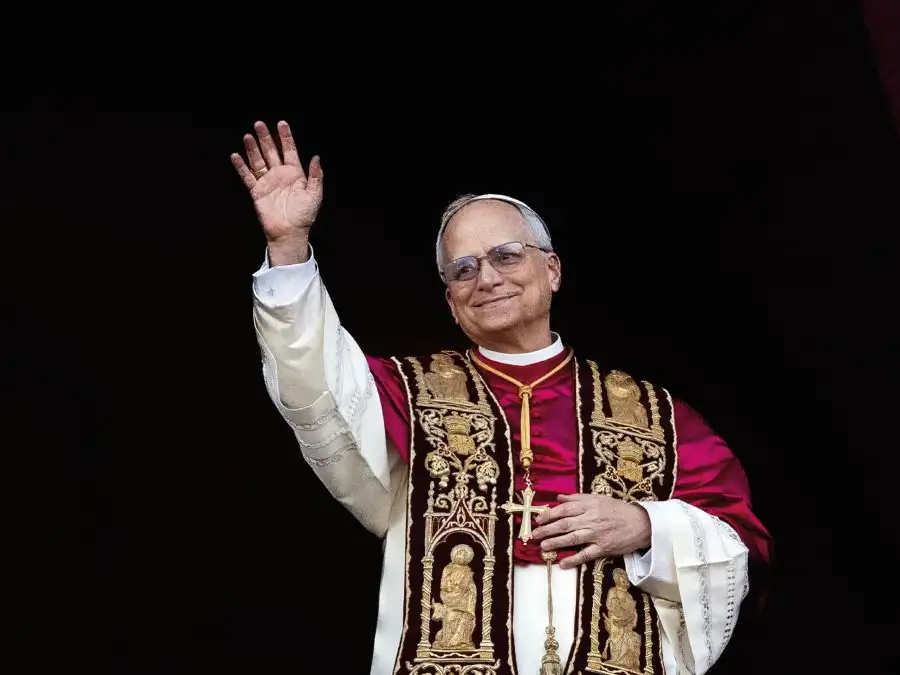Cities worldwide are increasingly suffering the effects of the climate crisis. People who live in poverty in urban environments are particularly at risk, their situation made worse by the coronavirus pandemic.
In cities across Latin America, local experts you support are helping people to access safer housing, to live in dignity, and to protect our common home.
Brazil: Converting a hotel into sustainable housing
In São Paolo, Brazil’s largest city, campaigners supported by our partner Semeando resisted eviction from the Hotel Lord, a luxury hotel that had been abandoned. Pressure to secure government funding means that the hotel is now being converted into social housing.
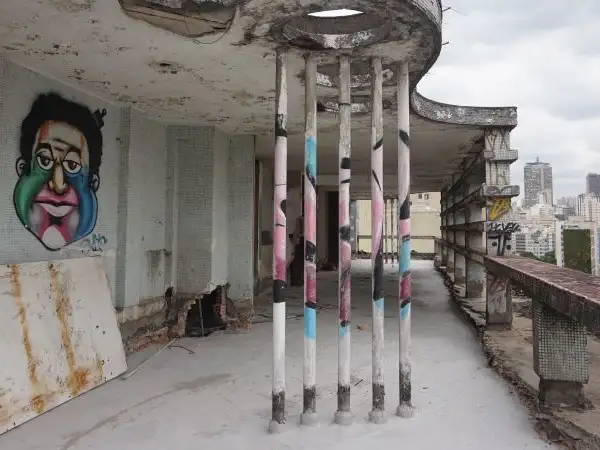

Hotel Lord in November 2019 before renovation.
Once the conversion is finished, over 176 families will be able to live there, paying a fraction of what they would to live in overcrowded accommodation far from services on the outskirts of the city. What’s more, the redevelopment will benefit the environment in a number of ways - when complete, the building will include a roof allotment and recycling points.
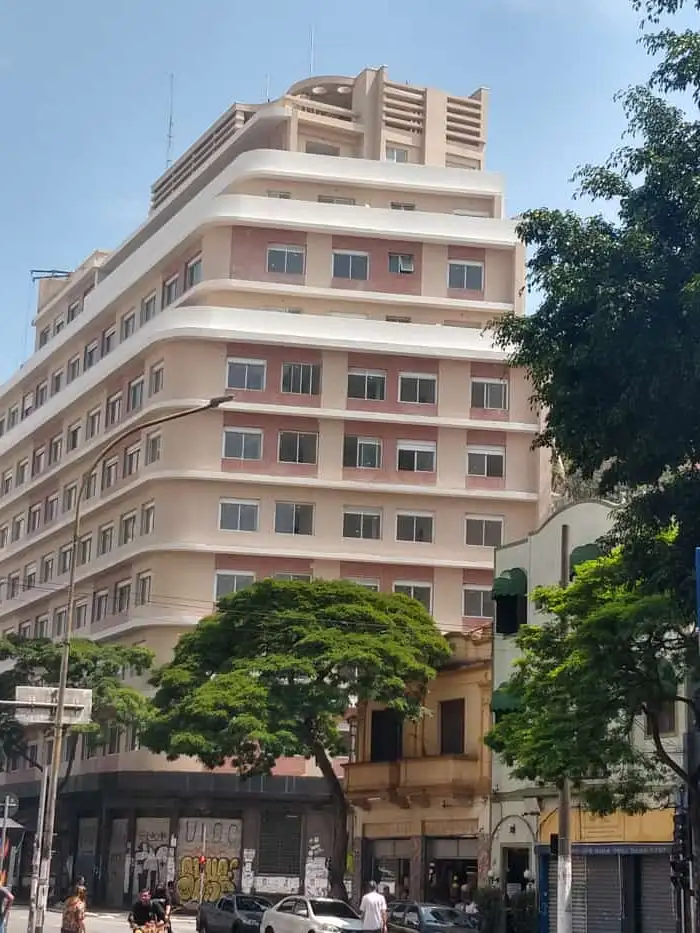

Work is almost complete on Hotel Lord now.
Peru: Using fog to preserve the land
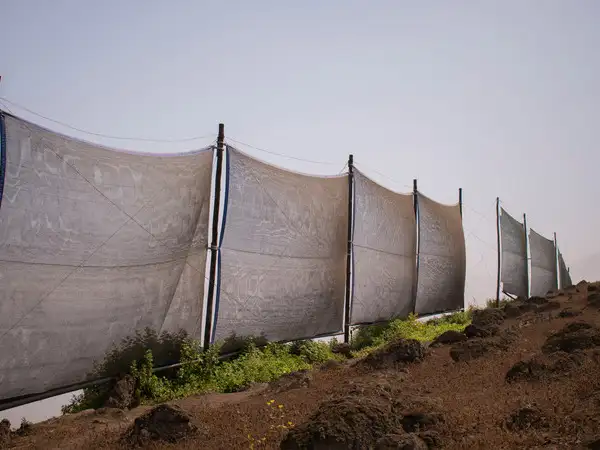

An example of a "fogcatcher" outside Lima.
Lima, the capital of Peru, is surrounded by a fragile ecosystem consisting of hills, or ‘Lomas’. The fog that appears during the winter provides a unique way for local plants and animals to flourish, but a recent UK study has shown the extent to which these areas are under threat from the climate crisis and housing development.
Ascencio, a community leader from the Lomas de Primavera Ecological Association, has campaigned tirelessly for the preservation of the Lomas. An innovative system of ‘fogcatchers’ has now been installed, to capture water from the fog and irrigate and conserve the local area.
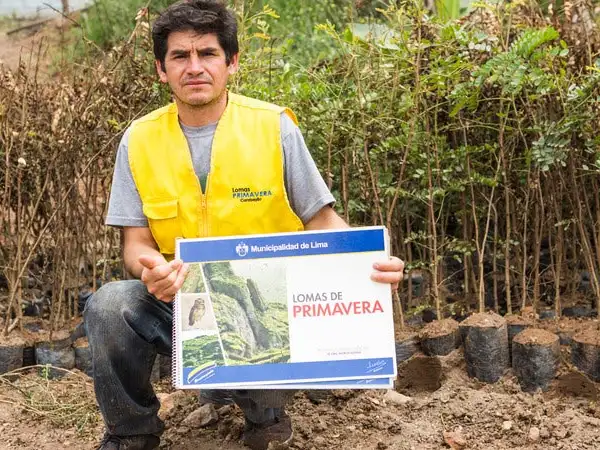

Ascencio is an environmental defender protecting the Lomas mountains in Peru.
Peru is one of only two countries in Latin America yet to include people’s right to safe, dignified housing in its constitution. Through your support, local organisation CIDAP co-hosted an international event this week to try to change this. Members of the Peruvian Congress were present at the event along with other international organisations and the UN Special Rapporteur on Housing, Balakrishnan Rajagopal, who said: “The right to housing is a constitutional right, but also a human right.”



